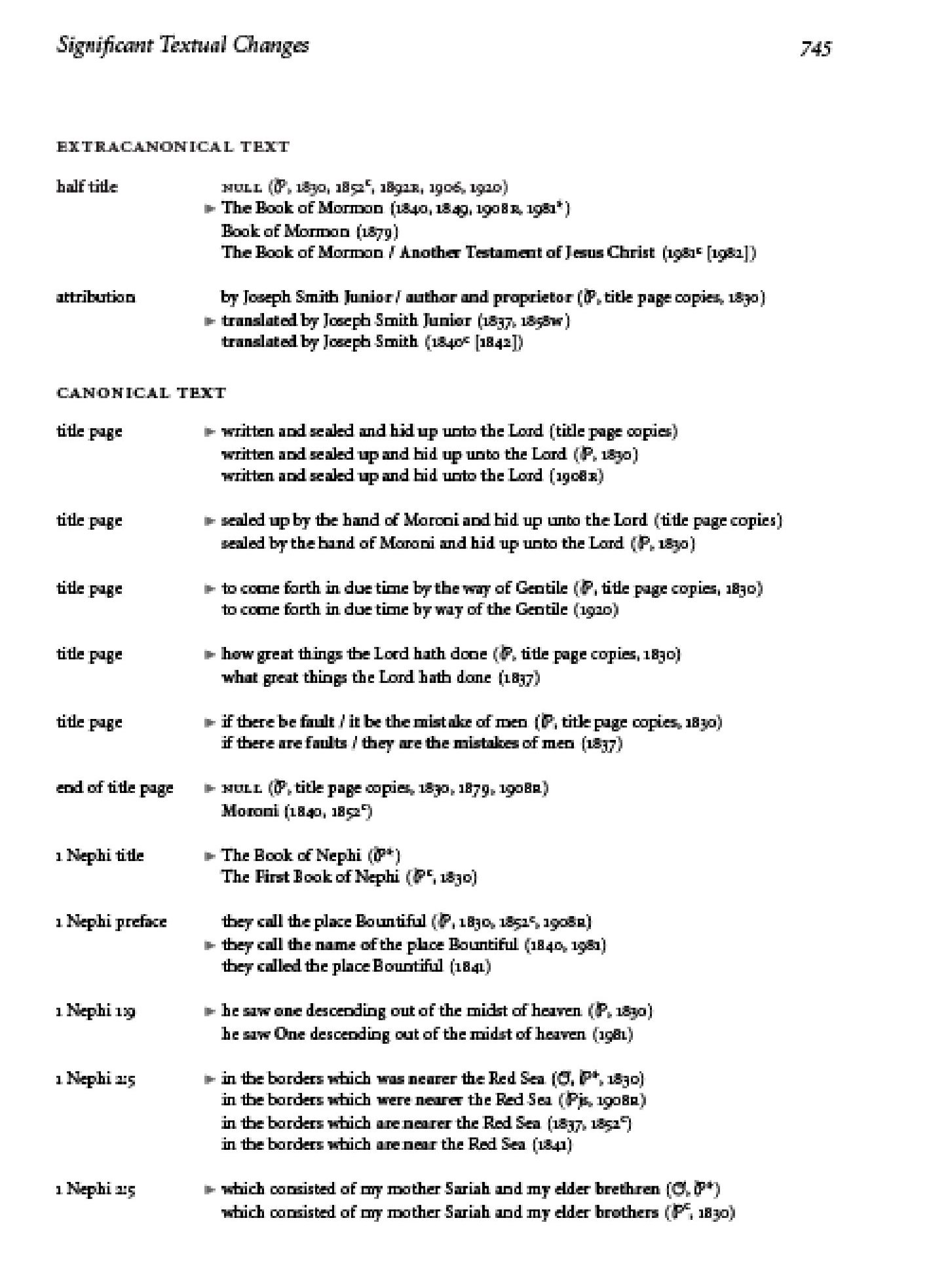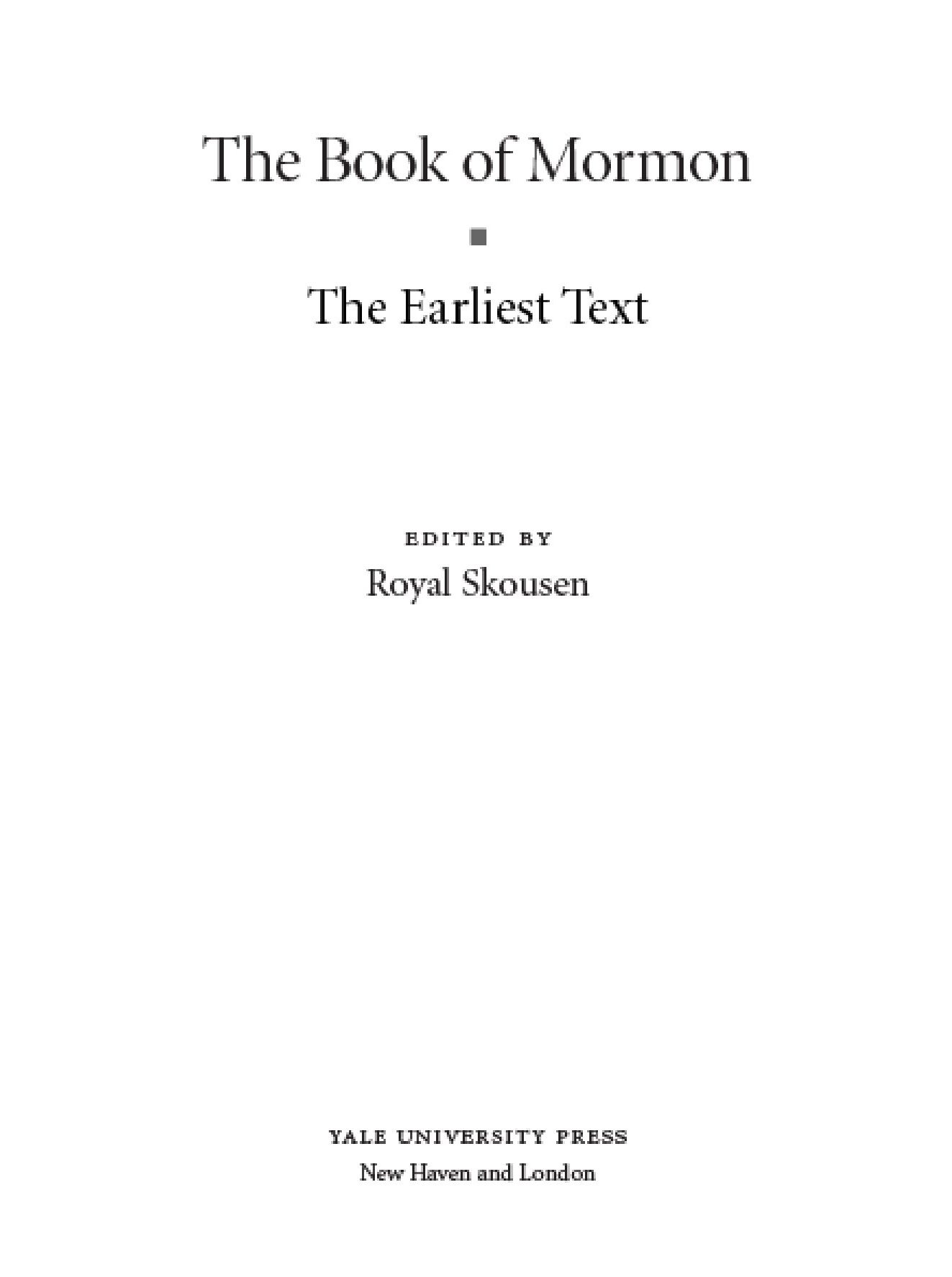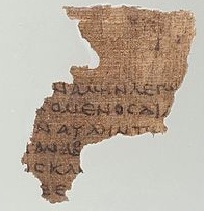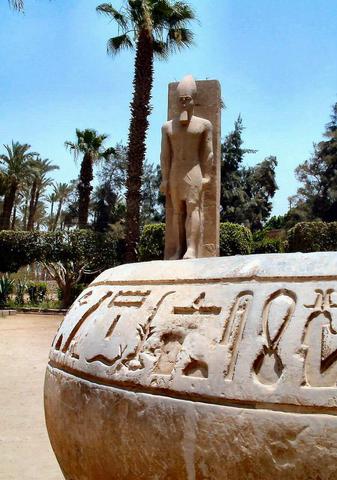Category: Cornucopia
-
Parables
The Greek word translated as “parable” means, basically, a comparison. A parable compares one thing with another.
-

The Mormon Twitternacle
After years of ignoring/making fun of it, I’ve finally gotten into Twitter. It lets me keep up with the people that I’m not close enough to to friend on Facebook. It also has cool feeds for things I’m interested in, but wouldn’t follow otherwise (like the new MESSENGER probe to Mercury and Cassini on Saturn.…
-
Sharing the Gospel with Human Beings
(These are the notes for the talk I gave in sacrament yesterday.) Amanda When I returned from my mission in Japan, I was fired up about sharing the gospel. I wanted to be an effective member missionary. Back then, us missionaries had these big blue sheets of paper that we would use to plan our…
-

Measures of Excellence, Gospel Hobbies, and Civilization 3
A “measure of excellence” is a metric of comparison. Measures of excellence are what we use to say that one person is “better” than another. Money is another measure of excellence. In fact, beauty (for women) and money (for men) are the two historically dominant measures of excellence (at least, that’s the case in the…
-
Two Quick Comments
One: A “biblically-based cratering theory”? Aaaaauuuugh!! Two: The phrase “biblically based”. Whenever I meet a person who’s part of a new Christian church (now that I think about it, it’s kind of funny that this happens often enough for me to talk about it), they say that their church is unique because it’s “based on…
-
“It’s been scientifically proven…”
I remember an argument I had with an acquaintance in high school. I don’t remember the topic anymore (capital punishment? abortion? gay marriage? I’m sure it must have been one of those perennial high school kid debates). A friend had recently told me something that bolstered my side of the argument. I knew the information…
-
The Original Text of the Book of Mormon IV: Word for Word Control over the Original Text
In this last section, I want to mention the evidence that the original text of the Book of Mormon is a precise English-language text, specified word for word, and that when it was given by means of the instrument to Joseph Smith, he could see that text and he read it off to his scribe.
-

Why Do We Need So Many Gods?
The idea of a godhead fascinates me. If a god is omnipotent, then why do we need three of them (or more, depending on your interpretation)? Here’s my entirely-speculative take on it. (Now including advice on how to raise your kids, too! I know, I know, it’s hard to find people who are willing to…
-

The Original Text of the Book of Mormon III: Alternative Readings and Conjectural Emendations
Now let us turn to the actual list of the 719 significant textual changes.
-
Are the Arts Selfish?
In a previous ward, a high council speaker told the congregation that pursuing a degree in the arts is a selfish decision, and he counseled the youth and young adults to pursue a useful, financially secure discipline instead. My recollection is that is point was that an artist can’t provide a spouse and children with…
-

Moral Authority
A friend of mine posted this on Facebook a few days ago: Morality is doing what is right regardless of what you are told. Religion is doing what you are told regardless of what is right. It’s a great bumper-sticker quote — short, emotionally charged, and completely one-sided. Usually I see these, chuckle, and move…
-

The Original Text of the Book of Mormon II: The Yale Edition of the Book of Mormon
Royal Skousen is editor of the Book of Mormon Critical Text Project and professor of linguistics and English language at Brigham Young University.
-
Polygamy, Again
The real reason that polygamy was restored was to decrease the number of children each woman would have, which was necessary in order to
-

Sky
I’d forgotten about the sky. For how long, I’m not sure. Months? Years? When I remembered, it felt like waking from a cramped dream. A few weeks ago, early in the morning, I was running. The sun climbed bright in the east. The moon, chalk white, lapsed in the west. And I was running beneath…
-

Peace
Sometimes unintentional mistakes lead to interesting lines of thought. A few weeks ago I misheard a speaker in an LDS meeting. The speaker was quoting John 14:27, and either because of the speaker’s mispronunciation or my imperfect hearing, I heard the word “live” instead of the word “leave.” This lead me to think about what…
-
How I should like to live my life…
I post here something I recently wrote in my journal: I basically think that Aristotle had it right on how to live a good life: find a proper mean between extremes, be balanced, and live virtuously. So here is what I would like my life to look like: I start with work, the labor I…
-

The Original Text of the Book of Mormon I: Major Findings of the Critical Text Project
Royal Skousen is editor of the Book of Mormon Critical Text Project and professor of linguistics and English language at Brigham Young University. In this post he discusses the work of the Book of Mormon critical text project and the attempt to restore and publish the original text of the Book of Mormon.
-
The Purpose of the Prayer Roll
Today I was sent a FaceBook request to join a “prayer chain page” to pray for a woman hospitalized in Texas. I don’t know the sick woman and only distantly know the woman making the request. A similar thing happens on some email lists. People post, requesting others to pray for someone they know but…
-
Correlation and Computers
Here are two lines of computer code: int myNumber; myNumber = someOtherNumber + 3; If you’re not familiar with programming, the first line says, “Here is an integer (int) called ‘myNumber’.” The second line says, “Set the value of myNumber to someOtherNumber plus 3.” So what if I want to know the value of myNumber?…
-

Faith, Philosophy, Scripture: The Call
It is a commonplace in Zen that three things are necessary for liberation. If you want to wake up from the slumber of self-absorption, if you want to live your life outside the suffocating confines of that mason jar that is your own head, you need (1) great faith, (2) great doubt, and (3) great…
-
Are Mormons Cessationists?
Over at FPR, BiV asks, Are Mormons cessationists? The short answer is no.
-
MR: Death Is Lighter than a Feather: A Review of C.S. Lewis’ The Great Divorce
A new issue of The Mormon Review is available, with Adam Greenwood’s review of The Great Divorce, by C.S. Lewis. The article is available at: Adam Greenwood, “Death Is Lighter than a Feather: A Review of C. S. Lewis’ The Great Divorce,” The Mormon Review, vol.3 no. 1 [HTML] [PDF] In this essay, Greenwood reads…
-
Huntsman, Mormonism, and the Presidency
For those who may be interested, I am going to be on KUER’s (the NPR affiliate in Salt Lake) Radio West program this afternoon discussing Mormonism and a possible presidential run by former Utah governor Jon Huntsman.
-

NT Sunday School Lesson 5: John 3-4
There is a tremendous amount of material in this lesson, more than I can deal with in a few pages. So I have shortened my study questions by focusing on John 3:1-10. Verse 1: The name “Nicodemus” means “conqueror,” and it was a common name. We know little about Nicodemus. We know that he was…
-

Wab, Hm-Ntr, and Hm-Ka
A couple years ago I was reading up on Egyptian hieroglyphics just for fun. Okay, so it was just one book, and I’m in no way qualified to write anything about hieroglyphics, but I’m not going to let that stop me! :) The book I was studying from identified three different Egyptian words for priest:…
-
The Failure that Was a Success: How My Son’s Losing the Spelling Bee Was One of the Proudest Moments of My Life
A guest post from former guest blogger Eric Huntsman:
-

Ward Diversity Specialist
I’ve been thinking about Papa D’s recent post about responding to subtle racism in the church. How about creating a “ward diversity specialist” calling? Points in favor of a ward diversity specialist: Every calling in the ward has a natural nemesis–except for the ward preparedness specialist. You know, like the natural enmity between elders quorum…
